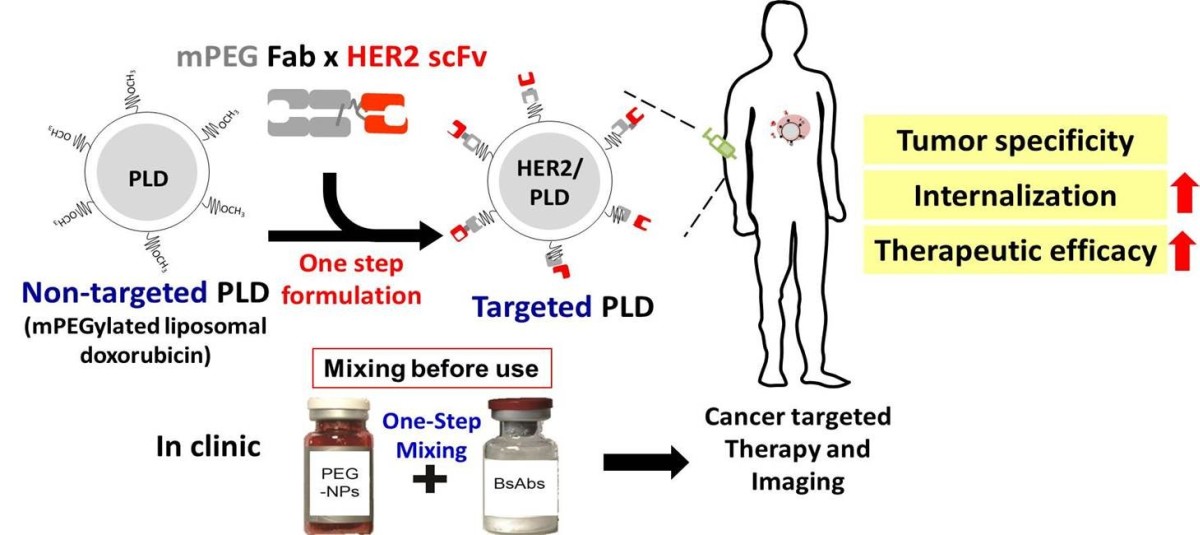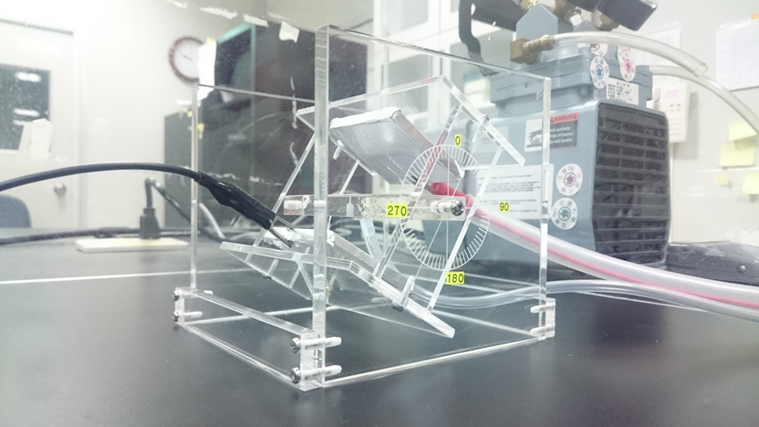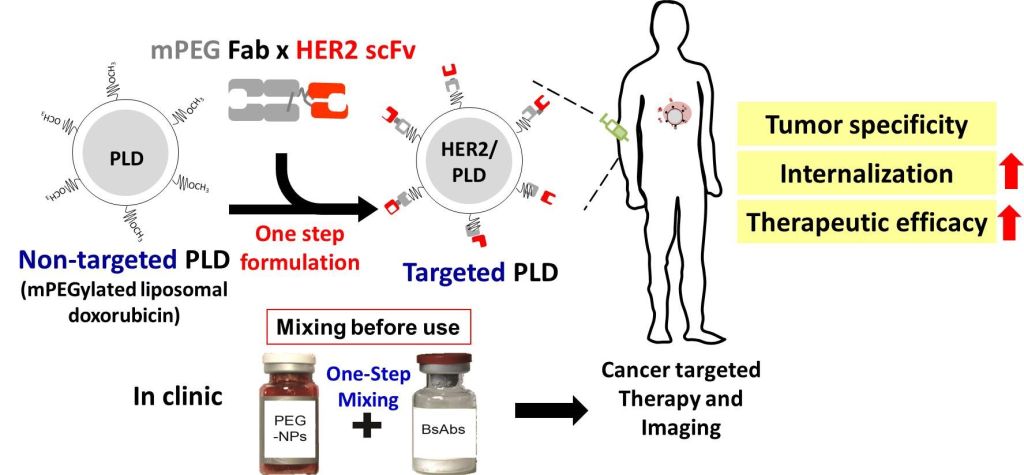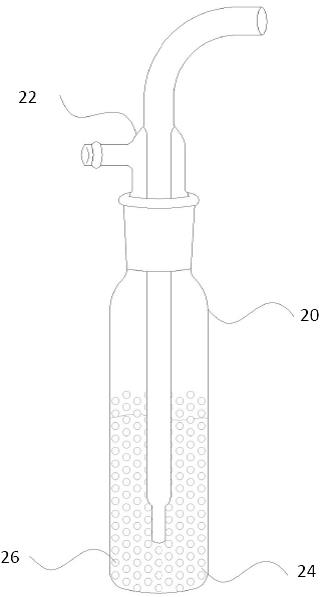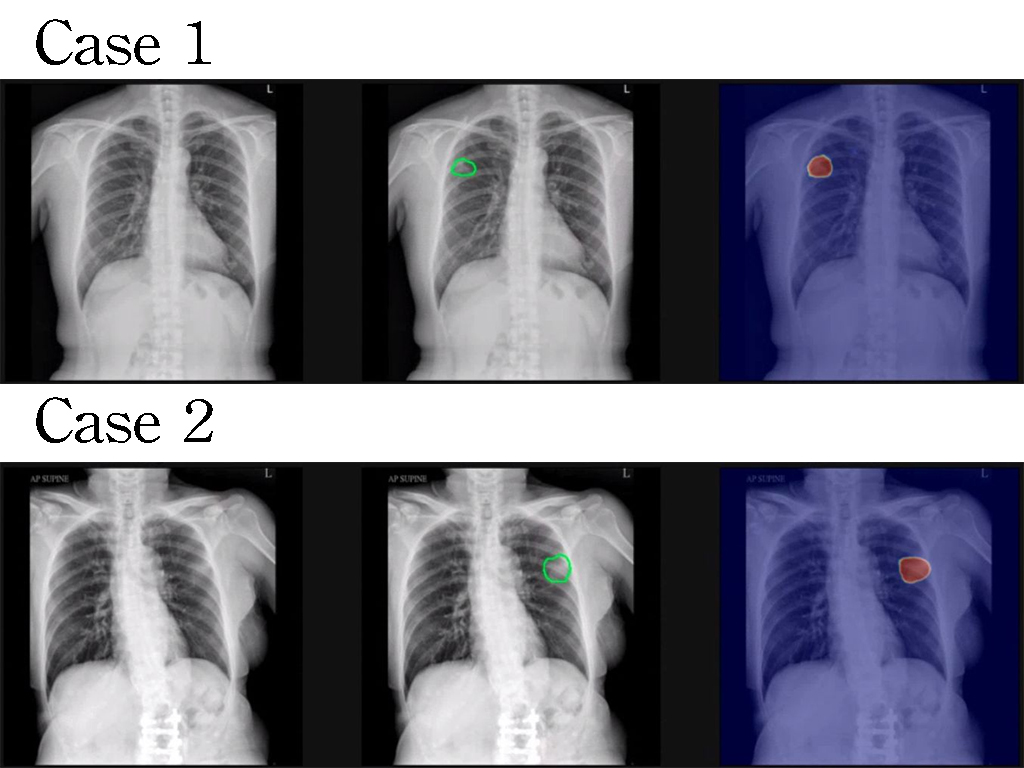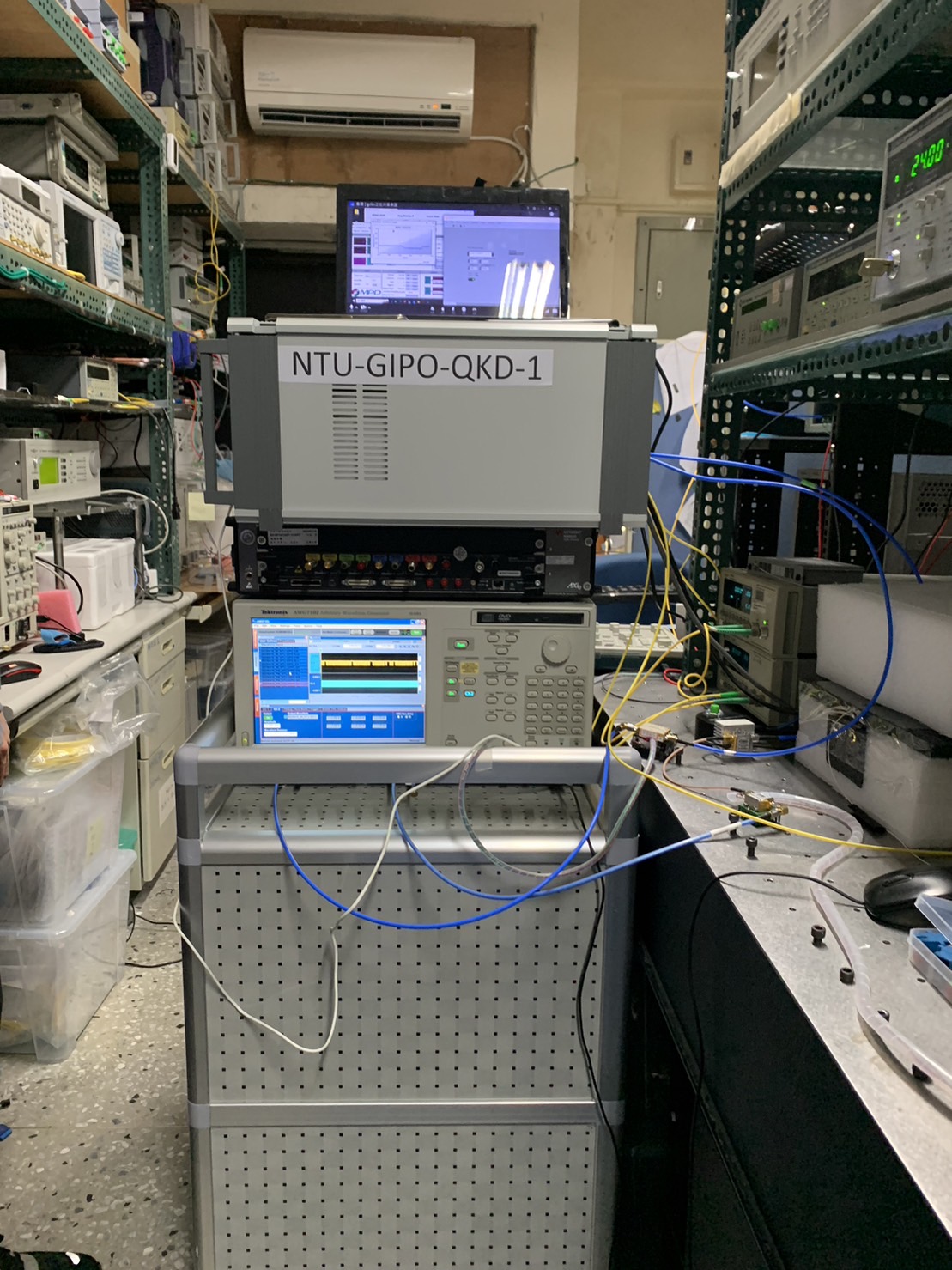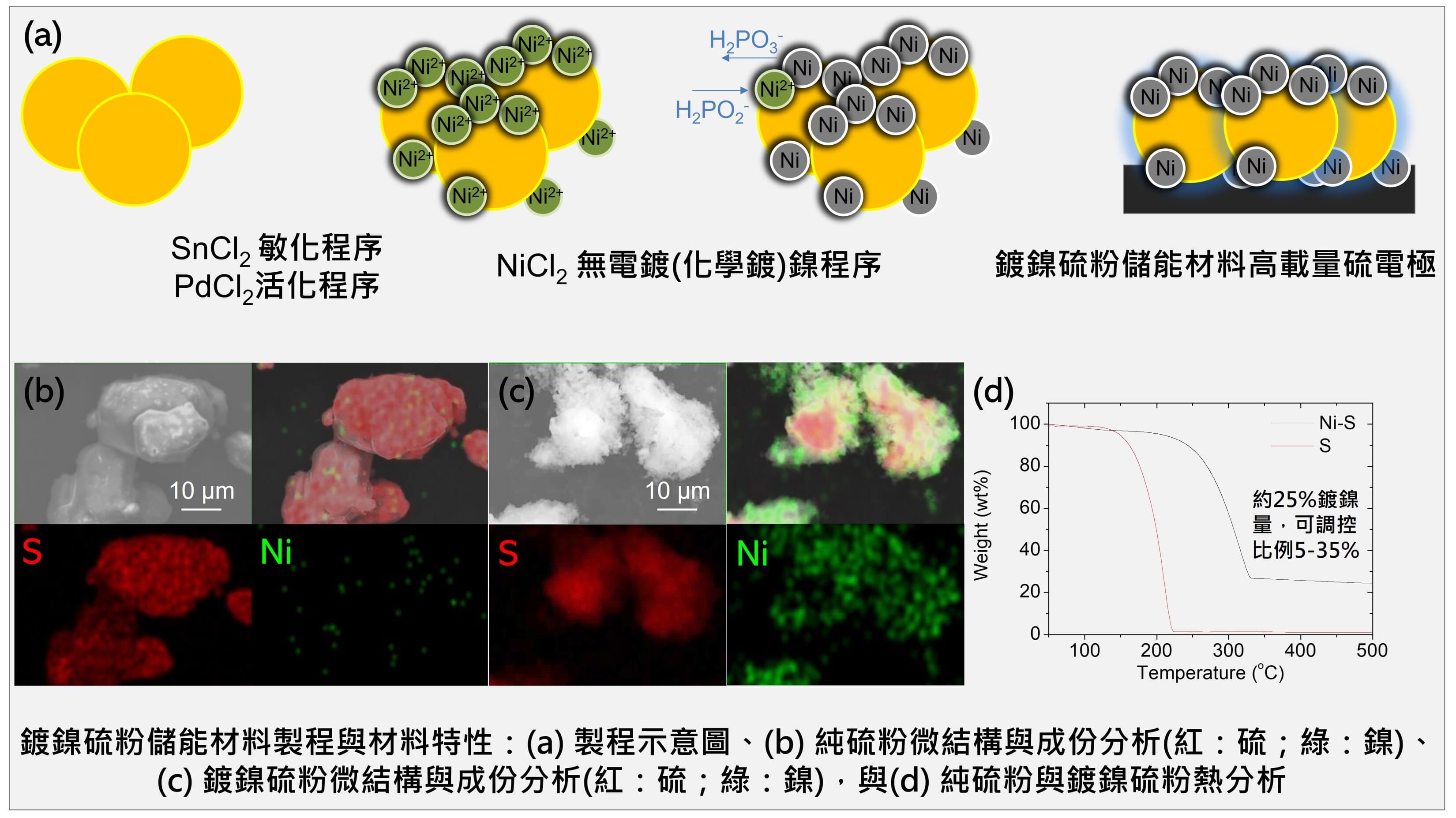| Summary |
Our technology detects biological targets, including bacteria, proteins, and exosomes, in micro-volume samples rapidly and quantitatively. By conjugating Janus particles with antibodies, biological targets can be captured, thus changing the diameter and slowing diffusion. Rotational Brownian motion is quantified by antibody-conjugated Janus particles based on the Stokes-Einstein-Debye relation, where rotational diffusion is mainly inversely proportional to the particle diameter cubed. |
| Scientific Breakthrough |
The scientific breakthrough of our technology lies in using Janus particles to measure rotational diffusion, allowing us to quantify biological targets through particle blinking frequency. Frequency signals are simple to process and less affected by background noise, making them ideal for detecting small or trace signals. Compared to conventional passive immunoreactions, these bead-based probes are suitable for frequent testing due to short reaction time and improved sensitivity. |
| Industrial Applicability |
Our technology focuses on a wide range of targets, such as bacteria, protein markers, exosomes, etc. The application fields cover from medical diagnostics to basic research, revealing a great potential in many markets. Basically, this technology is regarded an ideal platform for frequent testing, especially, in situations where time efficiency, low detection limits, low sample volumes, or limited budgets are pursued. As a result, this technology provides a powerful alternative for rapid testing. |

